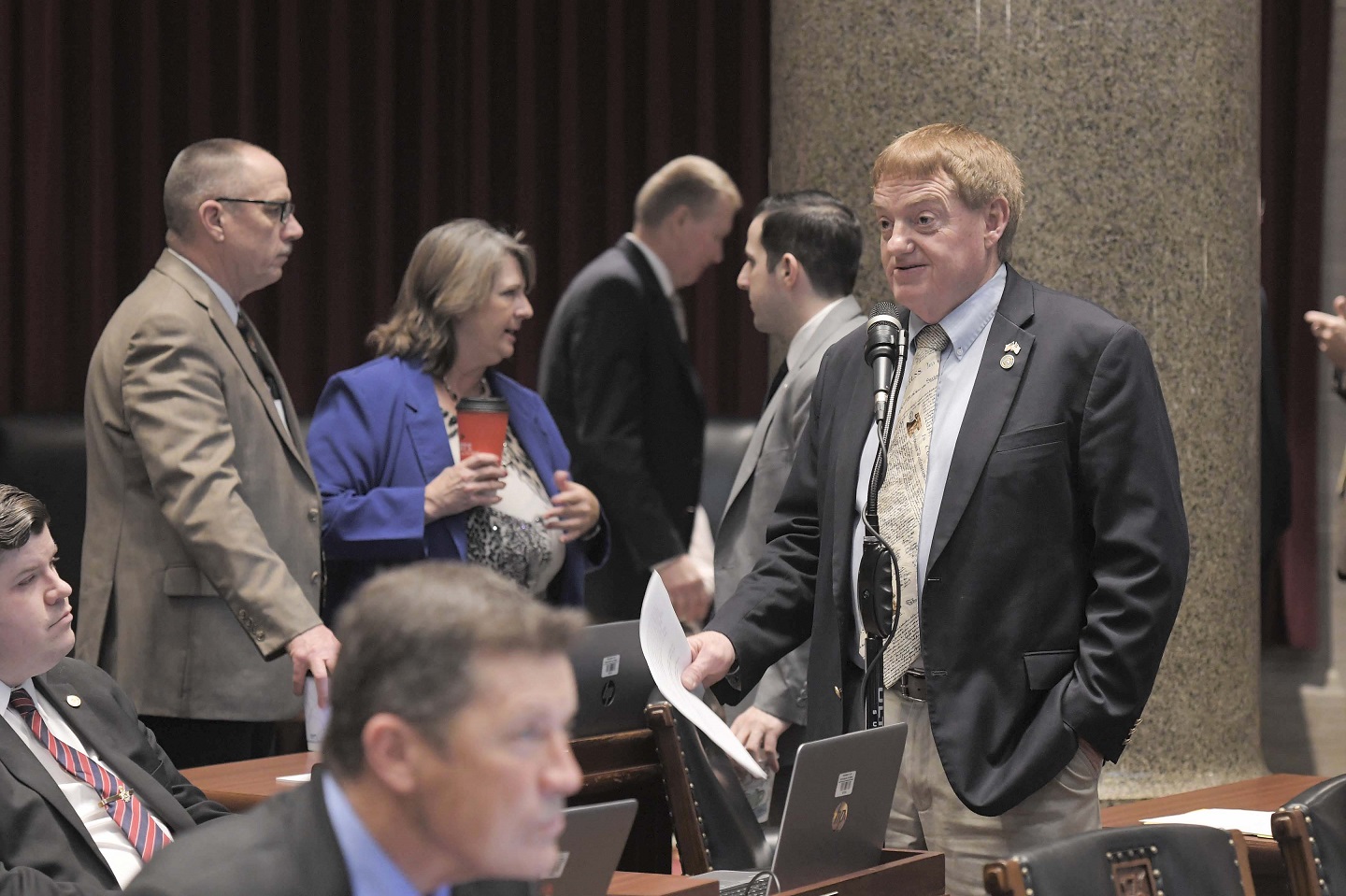The Missouri House has voted to exempt private and religious schools from the state’s minimum wage law approved by voters in 2018. The bill would extend the exemption that already applies to public institutions, including public schools.

Voters passed a plan that will increase the minimum wage for hourly workers by 85-cents an hour each year until 2023, when it would reach $12 an hour. It is currently set at $9.45 an hour.
“Already private schools and religious schools have received price increases from vendors because of the new law and many could be threatened to even stay in existence. They have put building processes and plans on hold because of the minimum wage,” said bill sponsor Tim Remole (R-Excello). “I have private schools in my district that have a lot of increases in some of their tuitions. They just received letters, many of the parents, that they will receive a 10-percent increase over the next five years because of the minimum wage law.”
Whitewater Republican Barry Hovis said he remembers voting on the minimum wage proposal in 2018 and he thought that it exempted all schools, not just public institutions.
Republicans say the workers the bill would affect, including teachers’ aides, janitors, cafeteria workers, and bus drivers, are often individuals who choose to work in those private schools to support them, and are often retired.
“They love these kids. They could, quite frankly, take their skills and go somewhere else and make a tremendous amount of money beyond what they’re making in the context of the private school. They know that,” said Representative Doug Richey (R-Excelsior Springs).
Democrats said the legislation goes against the wishes of voters and attacks some of the state’s lowest-paid workers.
“Prop B passed in 145 of the 163 House seats, so it passed in many majority party House seats. It outperformed the Republican candidate in 19 House seats. It passed in 78 of the 114 counties, and it passed in the sponsor’s district by 51.5-percent,” said Representative Judy Morgan (D-Kansas City).
St. Louis representative LaDonna Applebaum (D) said she thinks voters understood that Prop B exempted public schools and not private.
The House voted 94-53 to send House Bill 1559 to the Senate.